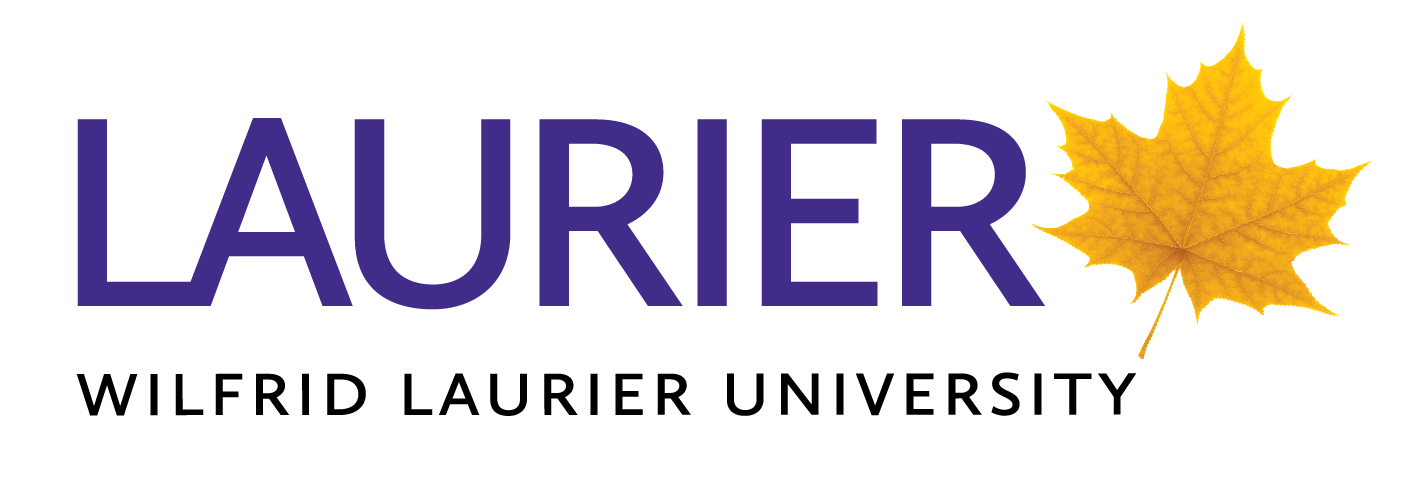0447 - Know this First: Necessary Knowledge for Mental Health Professionals Working with First Responders
Course Description
Demand for mental health services for first responders has increased rapidly in recent years. Overdue recognition of the potentially life-threatening traumas, as well as complicating and shifting organizational demands, on first responders are impacting a new generation of public safety personnel. At the same time, many clinicians lack a nuanced understanding of the myriad of unique stressors faced by first responders. Unique factors related to shift work, changes in assignment, limitations of the criminal justice and healthcare systems, addiction, mental health, poverty, race, shifting public expectations of what first responders “should” and “should not” do as parts of their job and other factors all contribute to a uniquely demanding career.
First responders are also understandably reluctant to engage vulnerably with mental health clinicians. Well-meaning mental health clinicians who are skillful and effective in many parts of their jobs can lose perceived credibility with first responders when they do not engage first responders with a baseline knowledge of the unique cultures and challenges first responders experience. Common concepts that mental health professionals engage with such as “stress”, “relationships”, “work”, “health” and others function differently for first responders. First responder’s reluctance to engage meaningfully with mental health professionals can be compounded when they have disappointing experiences with mental health professionals. This makes it all the more important that mental health professionals provide their services in a way that is both effective and knowledgeable of some of the uniqueness of the first responder experience.
This two-day Professional Development course will focus on enhancing the knowledge of mental health professionals related to their work with first responders. Specific topics that will be covered include but are not limited to:
- The shifting characteristics of those beginning careers as first responders.
- The shifting nature of societal expectations of first responders.
- The evolving expectations of the operational work of first responders.
- The changing characteristics of first responder organization policies.
- The experience of “moral Injury” amongst first responders and examples of situations in which first responders sometimes feel they may be forced to compromise their values.
- Basics of evidence-based interventions for first responder workplace trauma.
Notes
For more information contact the Faculty of Social Work Professional Development office:
Email: fswprofessionaldevelopment@wlu.ca
Phone: 548-889-5128
Cancellations and Transfers
Be sure to carefully review our cancellation and transfer information before registering.
Website: wlu.ca/fswpd
Applies Towards the Following Certificates
- Trauma Certificate : Trauma Certificate

